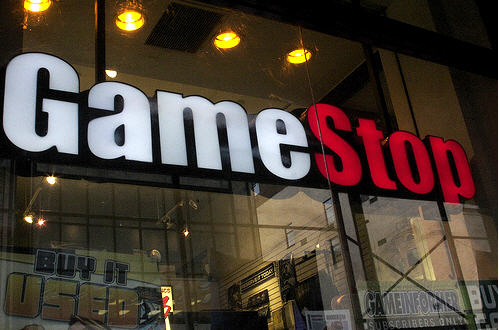 The world’s largest video game retailer could be in hot water thanks to some investigative work by Kotaku’s Brian Crecente and Michael McWhertor.
The world’s largest video game retailer could be in hot water thanks to some investigative work by Kotaku’s Brian Crecente and Michael McWhertor.
Speaking to unnamed GameStop employees and retailers around the US, the popular game blog has exposed a practice in which employee-played games are getting mixed up with unplayed copies kept behind the counter for security purposes. The Federal Trade Commission told Kotaku that this practice could be illegal.
According to GameStop’s written policy, as confirmed by several employees, company staff are allowed to check out store merchandise for up to four days of personal use. When receiving new games, GameStop “guts” several copies, putting the box on display and leaving the disc behind the counter so it doesn’t get stolen. Kotaku reports that these new discs tend to get mixed up with the “check-out” copies that employees take home.
In all cases, customers are told that they are buying a new copy of the game, and they pay full price as a result.
Though some managers offer “Shop Worn” discounts for games that have been gutted or checked out, this is specifically against company policy, which says these discounts should not by applied to “new, used or checked out games.”
GameStop won’t comment on the matter, and the FTC won’t say whether it is getting involved.
Personally, I’ve never had a problem purchasing new games from GameStop (it’s their used game trade-in prices that set me off), but a glance through Kotaku’s comments section turns up several customers who swear they’ve bought new games that don’t look untouched.
The graceful solution for GameStop would be to start selling any unsealed games as used, even if they’re at a lesser markdown than typical used prices. After all, the customer can’t return a game as new once the plastic comes off, even if the disc never leaves the case. If GameStop can’t assure that an unsealed game is unused, the company should treat itself the same way.

 Not a huge news day:
Not a huge news day: